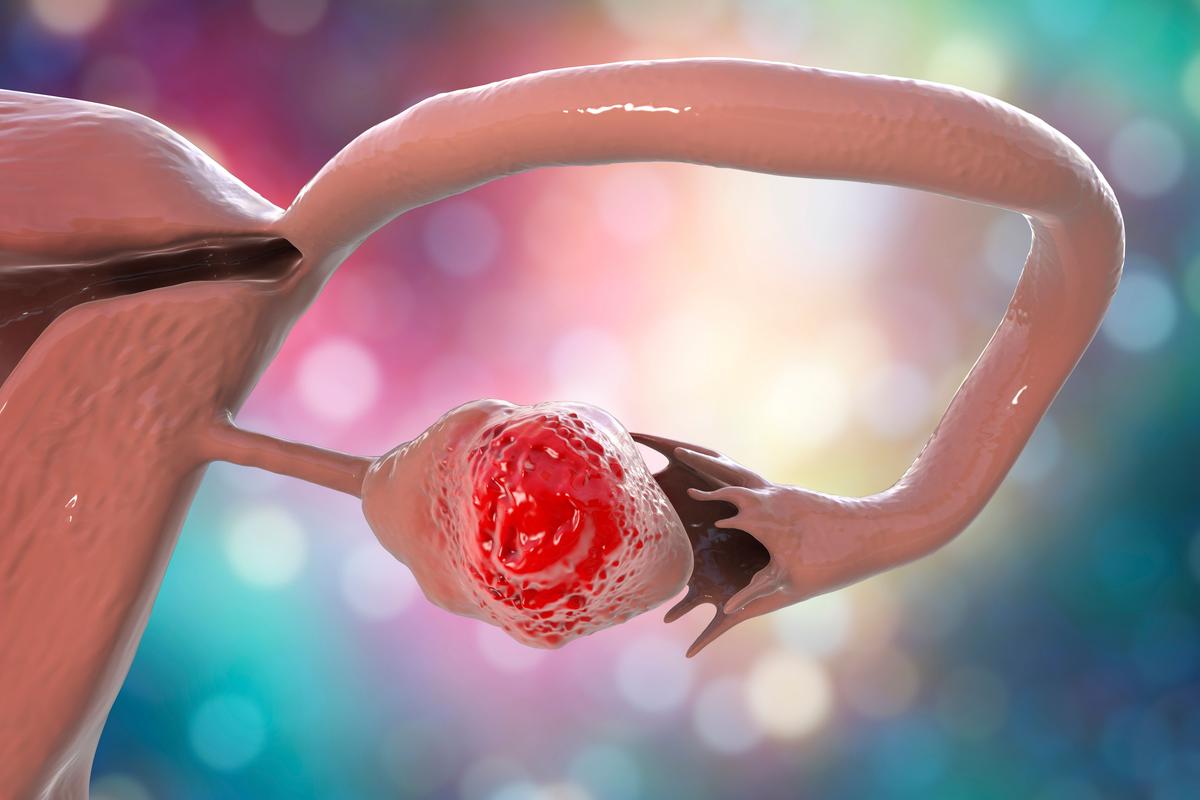Every year more than 500 Belgian women are diagnosed with ovarian cancer. Platinum-based chemotherapy is a standard part of the treatment and has proven effective in over 80% of patients. Platinum damages the genetic material of cancer cells, slowing down their cell division and growth. Unfortunately sooner or later patients relapse because the tumour develops a resistance against platinum.
Mechanism unraveled
Until recently it was unclear why this happened. Leuven researchers have now discovered that certain pathways in our metabolism are at the base of one of the resistance mechanisms used by cancer cells.
Prof. dr. Frédéric Amant, gynaecologist-oncologist at UZ Leuven and principal investigator of the trial: “Resistant cancer cells appear to be able to reduce the production of the amino acid serine. As a result they accumulate a large surplus of a particular molecule, NAD, which helps restore genetic material. This cancels out the effect of platinum allowing the tumour to grow.”
Reduce resistance
Now that it is clear which metabolic processed have been affected in case of resistant cancer cell, the researchers immediately say a way of intervening in this process. “The good news is that we already have medication that can counter the recovery of DNA - the so-called PARP inhibitors. We have tested these in preclinical experiments with disease models based on lab animals and cells of patients with resistance ovarian cancer. The administration of a PARP inhibitor combined with platinum proved very effective in reducing tumour growth”, according to co-principal investigator Daniela Annibali.
Tackling the problem of platinum resistance in ovarian cancer: this would truly be something unique with a big clinical impact. Prof. dr. Frédéric Amant, gynaecologist-oncologist at UZ Leuven
Prof. dr. Frédéric Amant, gynaecologist-oncologist at UZ Leuven
Clinical trial to follow
Prof. dr. Amant: “Our results are yet to be confirmed in patients, this is the next step. We are hopeful that we will be able to counter the resistance with PARP inhibitors and have already received financial support to set up a clinical trial. Being able to tackle the problem of platinum resistance in ovarian cancer: this would truly be something unique with a big clinical impact.”

